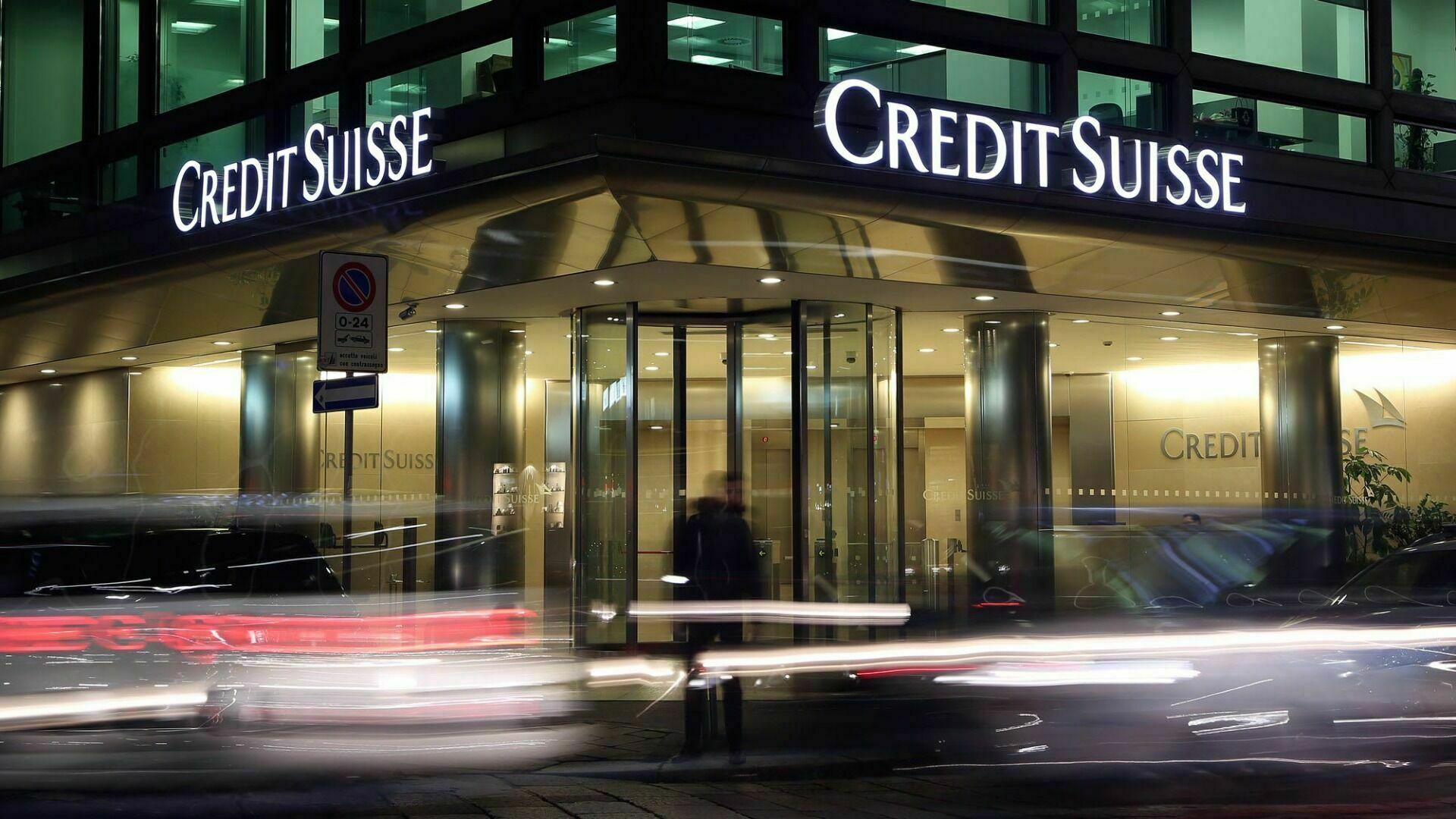
An eye for an eye! Credit Swiss Bank has frozen Russian assets, and now it has become unstable itself
On Wednesday, March 15, many media and social networks were agitated by another high-profile event in the financial world: the shares of a large Swiss bank, Credit Suisse, fell by more than 30% in just one day and reached a record low. This happened because its largest investor, the National Bank of Saudi Arabia, said it would not be able to provide additional financial assistance to the Swiss bank. In the meantime, the management of Credit Suisse decided to "proactively strengthen liquidity due to the intention to exercise the option and borrow up to 50 billion francs from the Swiss National Bank (SNB)."
Political scientist Georgy Bovt, not without malice, recalls how the Swiss bank treated its Russian depositors:
"So Credit Swiss has swung. By a funny coincidence, it was this bank that was particularly zealous in expelling "these Russians" from their bins. He eventually froze $19 billion worth of "Russian assets." And not only those who are under sanctions, but everyone in a row - those who did not come out with a passport. Well, then... I don't feel sorry for anyone..."
The analyst of the Grox channel explains what a panic about the fate of Credit Suisse can result in:
"Credit Suisse shares have broken through another low and now the capitalization of a Swiss bank with a century and a half history and assets worth half a trillion francs is about $8 yards — this is about like our Tinkoff. Credit default swaps soared, Saudi National Bank, as a major shareholder, refused financial assistance, and Credit Suisse itself is asking for support from the Swiss Central Bank. And this is not some kind of SVB or Signature, it is a backbone bank in Europe. Not to say that everything is extremely bad there from the point of view of balance, but the scale of panic is so great (and "bank run" is the main threat) that the only thing that makes you not believe in its default is the principle of "too big to fail" (English: too big to fall).
Against this background, the securities of BNP Paribas, Deutsche Bank, Société Générale, Grupo Santander, Crédit Agricole, UBS, UniCredit and many others went down. I repeat, from a fundamental point of view, panic is not rational today, but I note that the ECB's key rate of 3% with a multiple of higher inflation in the Eurozone is not a guarantee of prudence".
And the Politota channel reminds that Credit Suisse formed its management based on the rules of the transgender agenda. And he cites the corresponding photo, in which the senior director of "Pips" Bunce performs both in female guise under the name Pippa, in male under the name Philip.